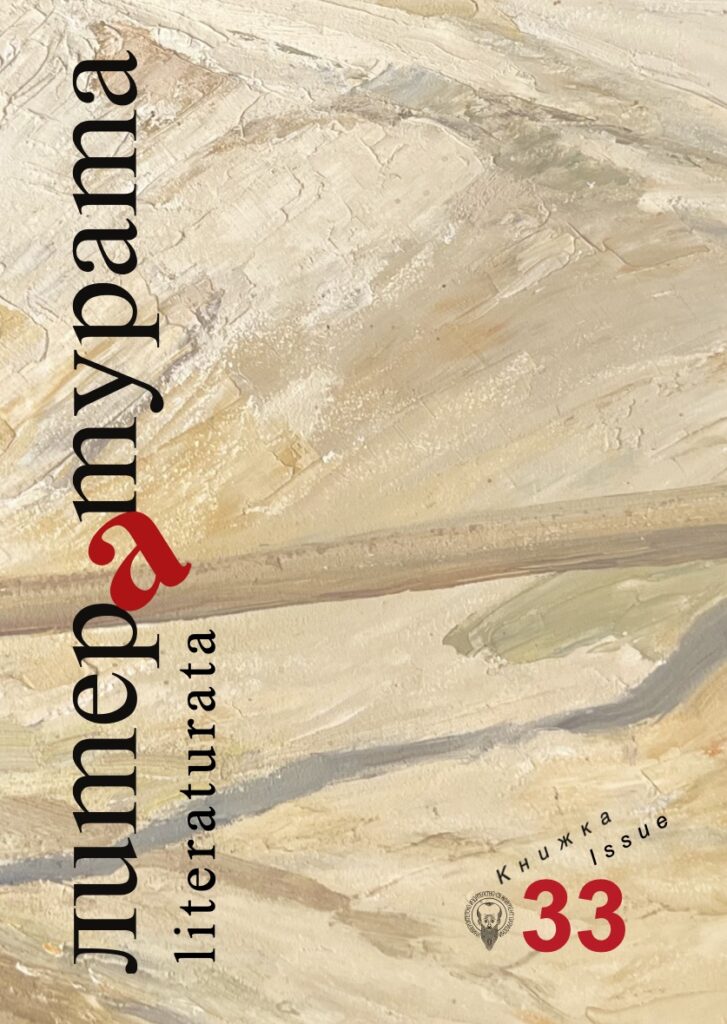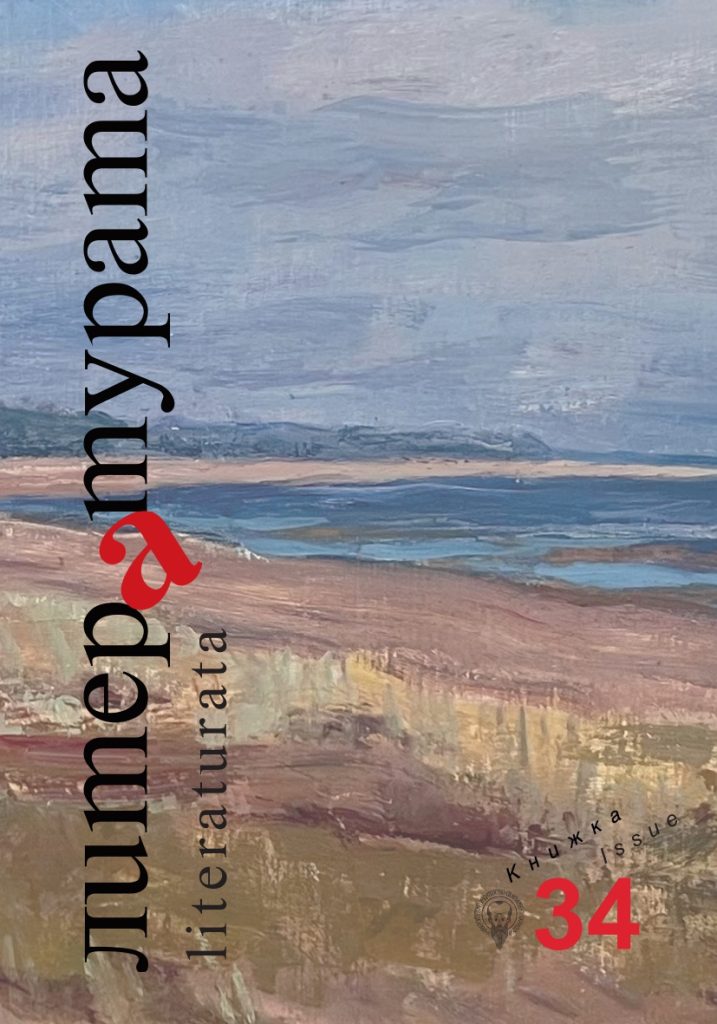The Metamorphosis of Phryne in Petar Slavinski’s Eponymous Play
https://doi.org/10.60056/Lit.2024.33.467-482 https://www.ceeol.com/search/article-detail?id=1306339 The Metamorphosis of Phryne in Petar Slavinski’s Eponymous Play Maria Karakoleva Sofia University “St. Kliment Ohridski”, Bulgaria maria.karakoleva8@abv.bg The article explores the various societal manifestations through which Phryne, the main character in the eponymous play by Petar Slavinski, passes. Those can be interpreted as stages in the metamorphosis of a strong individual who, despite the corrupt conditions in which she finds herself, manages to preserve and restore her inner values. Phryne is depicted as a peasant who evolves into a sophisticated hetaera and a pawn in the political games of the corrupt elite. Meeting Aristotle’s disciples […]
The Metamorphosis of Phryne in Petar Slavinski’s Eponymous Play Read more »


